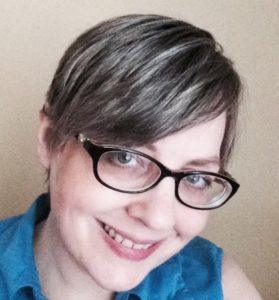The new year is almost upon us. Instead of making New Year’s resolutions, why not try to come up with New Year’s goals?
Make a plan.
Gather information about the task you want to achieve. Have a general idea of the steps you need to take to get a grasp on the big picture. I’ve found it to be a good idea to use more than one source. For a novelist or nonfiction writer, this can include authors you know, websites (like this one!), books, magazines, and organizations. What you are writing determines the steps in your plan. Indie or traditional? Fiction or nonfiction? These have different processes.
Determine what the primary goal is and list the tasks needed to do to achieve the objective in order of importance. Having a first things first policy helps me stay focused and having incremental guides keeps me motivated as I mark my progress.
Unrealistic expectations are a set up for deep disappointments when things don’t pan out as expected. Wrong turns and dead ends can be avoided by getting the lay of the land beforehand.
Set reasonable goals.
Often, when tackling a new project or activity, the tendency is to overreach. Setting reasonable goals increase the likelihood success will come to pass.
When I first began writing novels, I struggled to be consistent. I decided to try for large word counts and grind away every day until I produced a massive amount of words. Predictably, the only thing I was consistent about was failing to pound out those words! I’d get to the end of the week or month feeling like a failure.
I changed my thinking, and set a small goal of five hundred words a day. In this way, I established a habit of writing. Sometimes I would surpass my desired output, but when I started out, most days I was right around five or six hundred words. Producing small, manageable chunks was within my reach and watching the words add up day by day kept me faithfully working. Persistence pays off, and I got my novels written. As time went on, my daily word counts went up. Establishing the habit kept me going and still does on difficult days.
If your objective is to find a critique partner, try to determine the time required to exchange feedback before you commit. If you want to learn a new skill, don’t expect to become proficient overnight. Divide the task you set for yourself into manageable chunks and be patient with yourself.
Be flexible.
If your goals are too challenging, or not challenging enough, allow yourself to make adjustments. Life is in a constant state of change. To be successful, flexibility is vital. The point is to keep working towards the prize.
Find a cheerleader. Or two or three!
There’s bound to be periods of difficulty in any endeavor. Some days are harder than others. Surround yourself with people who will lift you up.
Be an encouragement to yourself by keeping track of your past successes. Remind yourself of why you write.
Don’t give up!
If you find the set goals are not as easily attainable as you thought they would be, don’t give up. Instead, reevaluate and adjust your plans. The journey never quite unfolds the way we expect it to but if we stay on the path, we will get there. It’s all part of the adventure.
Keep going.
Organizations for YA Writers
Writing Aid Program

Donna Jo Stone writes YA contemporary novels about tough issues but always ends the stories with a note of hope. She blogs at donnajostone.com.


 We love helping your growing in your writing career.
We love helping your growing in your writing career.
